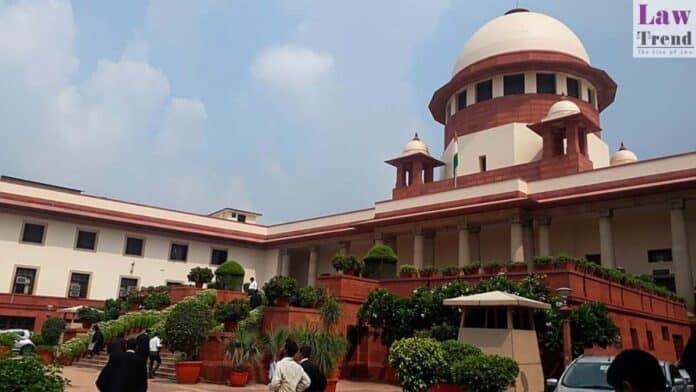The Supreme Court of India has emphasized a key procedural limitation in arbitration cases, stating that referral courts should strictly limit their review to determining the existence of an arbitration agreement, leaving substantive disputes for the arbitral tribunal to decide. The ruling came in the case of Aslam Ismail Khan Deshmukh v. ASAP Fluids Pvt.
To Read More Please Subscribe to VIP Membership for Unlimited Access to All the Articles, Download Available Copies of Judgments/Order, Acess to Central/State Bare Acts, Advertisement Free Content, Access to More than 4000 Legal Drafts( Readymade Editable Formats of Suits, Petitions, Writs, Legal Notices, Divorce Petitions, 138 Notices, Bail Applications etc.) in Hindi and English.




